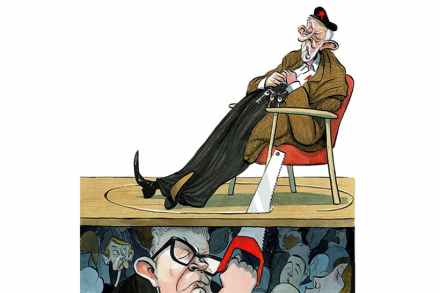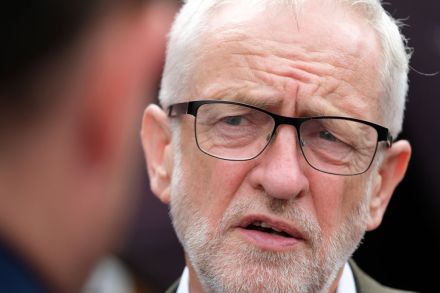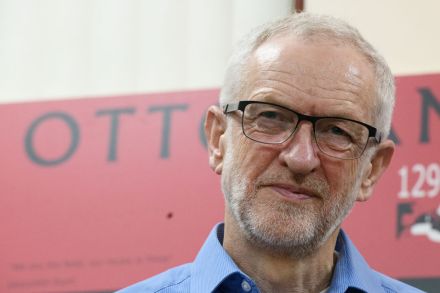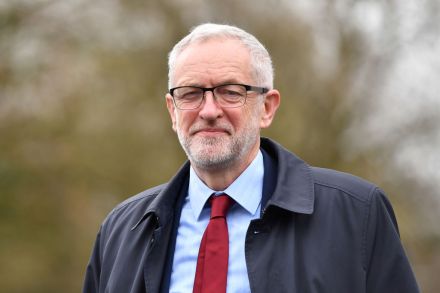If Boris plays the system on Brexit, Corbyn can hardly complain
A standard version of this autumn’s events is beginning to emerge. Labour brings a no-confidence vote in the Government on 4 September. The Tories, down to a majority of one – and with several Conservative old-timers vowing to go out in style by torpedoing their own Government in a last act of defiance to stop a no-deal Brexit – loses. Rather than resign, Boris spends the 14 days he would be allowed under the Fixed Term Parliament Act trying to build a majority. He fails. And Corbyn, too, is unable to form a majority. Boris calls a general election – but crucially stretches it out just beyond 31 October, when




















